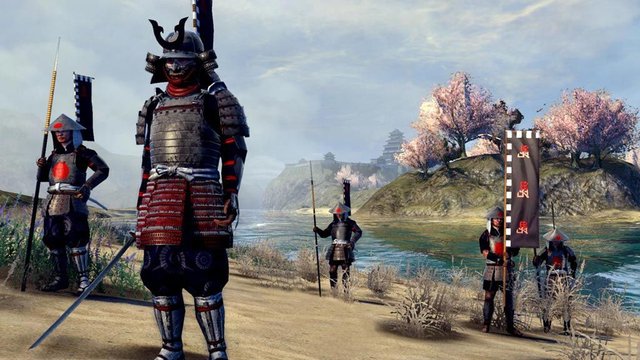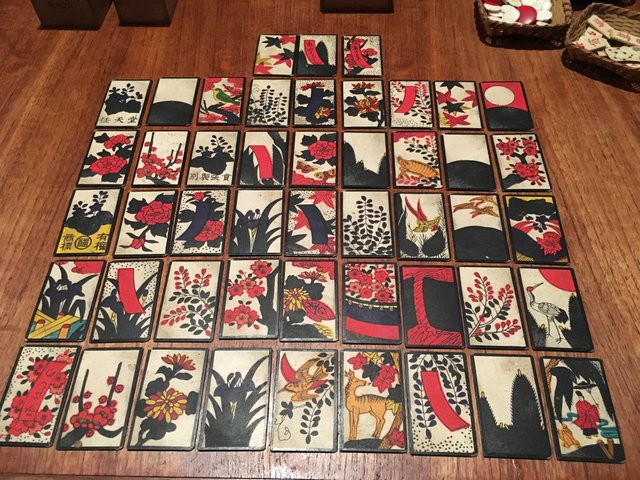How Japan's old gambling laws,Portuguese missionaries and the Yakuza stunted esports growth

JAPAN: To understand the context, we'd have to go back in history. In the 1500's when nobilities started playing card games with hanafuda flowers. When Portuguese missionary Francis Xavier arrived in 1549, his sailors brought with them the 48-card hombre decks. The European cards quickly gained popularity, and gambling rose alongside it. The shogunate eventually banned gambling and foreign playing cards in 1663.
The Meiji government legalized hanafuda playing cards,In 1886, after the country opened up to the West. A man named Fusajiro Yamauchi saw this as an opportunity to open his own hanafuda card-making company, Nintendo Koppai.

Fusajiro Yamauchi would hand craft his cards, painted on tree bark. Certain organizations within the Yakuza were drawn to Fusajiro Yamauchi's designs and began tattooing themselves with his art, very similar to modern day tattooing of video game characters. As the imagery of hanafuda became more closely aligned with the Yakuza, law-conscious citizens backed away, not wanting to be associated with the mob. Which lead to the Japanese government introducing the Act 45 of its penal code on April 24, 1907. It forbade gambling unless it was used for "momentary entertainment." A person who ran a gambling ring for profit could face up to five years of imprisonment.
Slightly after The Second World War, mahjong started picking up in Japan. Tournaments started to spring up, and much like modern Super Smash Bros. or Street Fighter events, entrance fees were divvied out to the winner. However, Act 185 of the Japanese penal code, introduced in 1882 and reconfirmed by the Supreme Court in 1950, is vaguely worded, which gave law enforcement authorities discretion on how the act should be interpreted.
Based on the Japanese Police's misinterpretation of the act they forbade it being afraid it would lead to heavy gambling, entrance fees were not allowed, ultimately making it impossible for skilled players to profit.
As technology developed, the Yakuza began installing video poker machines, which competed directly with the dubious, but legal, pachinko machines.
The Japanese government caught wind of this new method of gambling. The legislature interpreted the powers of Act 185 of the penal code to go after video-based gambling and extended to video poker. In 1979, 1,814 people were arrested for video-based gambling, and that number shot up in 10,353 in 1982, according to Japanese records.
Along the way, video game prizing got lumped in with laws initially created to go after the Yakuza.
How has the Japanese eSports Industry worked around this?
Hiroshi Yamauchi grandson of Fusajiro Yamauchi in 1900 had decided to change the course of the family business by shortening the name to Nintendo and focusing on video games.
Ironically, Nintendo, the company that was founded on gambling, was not in favor of competitive gaming, seeing it as an affront to its family-friendly image. The company has outright refused to offer prize pools for local Smash tournaments, one of the few legal ways prizes can be offered in Japan: The government classifies those contributions as marketing expenses but caps the amount at around $1,000.
All these factors, in small but significant ways, led to esports tournaments in Japan that lacked prize money. Entrance fees were taken only to help pay for costs with any additional profits held for the following year's event.
Fast forward to 2018, esports has gotten a global audience, the eSports Promotion Organization, Japan eSports Federation (JeSF), Japanese eSports Association (JeSPA) came together to create Japanese eSports Union (JeSU).
By 2022, JeSU plans to have a nationwide esports league.
Competitive licenses are used in all sports, including golf and boxing, in the country. This is how the Japan Shogi Association, an organization that professionalized play of the traditional Japanese board game, has gotten around the 100,000 yen prize limit set by the government. The 11th Asahi Cup champion, Souta Fujii, walked away with 7.5 million yen, or roughly $69,900, in 2017.
JeSU is hoping to implement a similar structure for esports.
In conclusion a wide misinterpretation around games and it's popularity amongst Yakuaza and Foreign gambling card games had forced the esports industry to work around loopholes and grey areas.
However one of the biggest challenges is that Japan is a country rooted in customs, With one in five people being above the age of 70 and by 2020 50% of all japanese female population would be above 50, the population and overall culture is still skewed towards the senior generation and esports is the sport of the current generation. The older generation still see esports as video games for children with atheletes having to fight that stigma.
To listen to the audio version of this article click on the play image.

Brought to you by @tts. If you find it useful please consider upvoting this reply.
I believe that if you start doing something risky